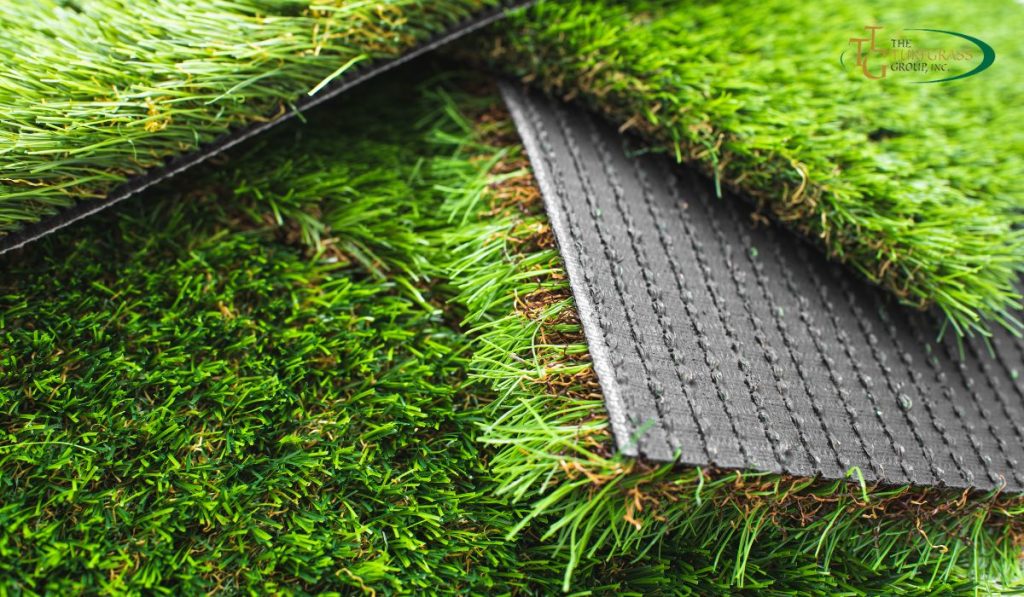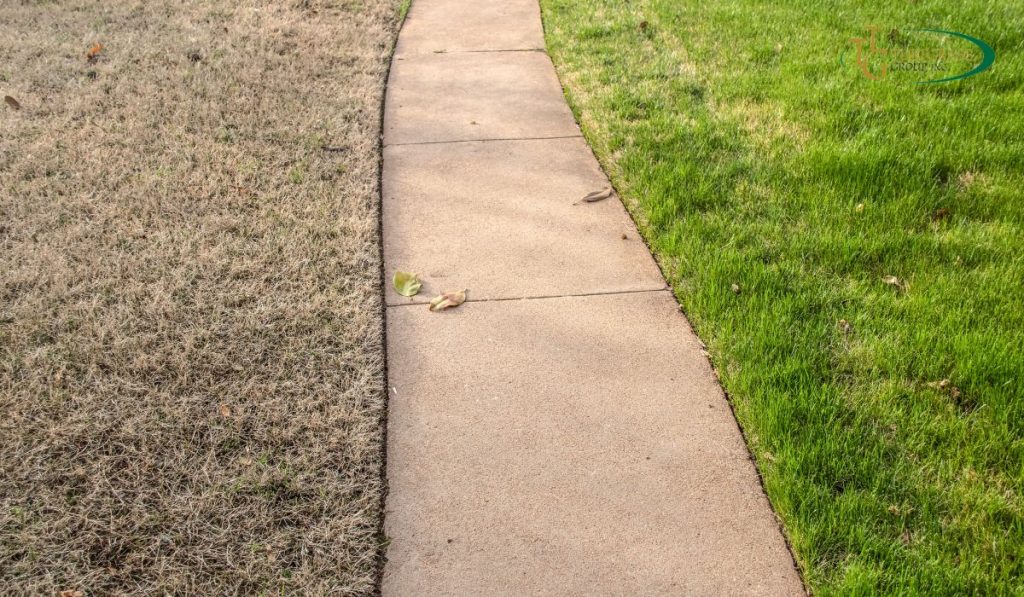
Choosing the right grass for your lawn is like selecting the perfect outfit for an occasion – it needs to match the environment.
Bermuda grass varieties come in various flavors, each designed to thrive in specific climates.
Whether you’re in a warm, tropical zone or a cooler region, there’s likely a Bermuda grass type suited for your lawn’s needs.
Introduction to Bermuda Grass Types
Picture this: a sun-drenched afternoon, children playing on a vibrant green lawn, and you savoring the beauty you’ve nurtured.
This idyllic scene is achievable with the right Bermuda grass.
From the hardy Tifway 419 to the luxurious Celebration, Bermuda grass has earned its reputation as the go-to choice for lawns with a touch of paradise.
Understanding the Characteristics of Bermuda Grass Varieties
Bermuda grass isn’t a one-size-fits-all solution.
Different types of Bermuda grass for lawns offer various textures, growth rates, and shades of green.
Some varieties are better suited for high-traffic areas, while others thrive in shaded spots.
Understanding these nuances helps you make an informed decision for your lawn’s needs.
Factors to Consider When Selecting Bermuda Grass for Your Lawn

Your lawn is unique, just like your fingerprint.
Before you dive into the world of Bermuda grass, consider a few factors.
Does your region experience scorching summers or mild winters?
Is your lawn a playground for pets and kids?
These aspects impact the Bermuda grass species you should consider planting to ensure a successful and enduring turf.
Exploring the Unique Traits of Different Bermuda Grass Species
Just as people have distinct personalities, Bermuda grass species have their quirks.
The best Bermuda grass for warm climates might be the hardy and drought-resistant Sahara, while the elegant Princess 77 might thrive in coastal areas.
Understanding the growth habits, water needs, and resilience of different species guides your selection process.
Maintenance Tips for Various Types of Bermuda Grass
Ah, the secret to maintaining a lush Bermuda grass lawn lies in the care you provide.
From mowing techniques to watering schedules, each Bermuda grass type requires tailored maintenance.
For instance, the fine-bladed TifGrand enjoys a slightly higher mowing height, while the dense Latitude 36 prefers a shorter cut.
Fertilization, aeration, and pest control also play pivotal roles in sustaining your green haven.
Conclusion
As the sun sets over your Bermuda grass lawn, casting a warm glow on the carpet of green beneath your feet, you’ll realize that your lawn is more than just grass.
It’s a canvas where you paint memories, where laughter echoes, and where nature’s beauty flourishes.
By delving into the world of Bermuda grass types, you’re not just cultivating a lawn – you’re crafting an environment that complements your lifestyle and celebrates the essence of nature.
FAQs
What are the different types of Bermuda grass?
Bermuda grass includes varieties like Tifway 419, Celebration, Sahara, Princess 77, TifGrand, and Latitude 36, each with unique characteristics.
How do I identify the right Bermuda grass variety for my lawn?
Consider your climate, lawn usage, and desired aesthetics when selecting a Bermuda grass variety. Consulting local experts can provide valuable insights.

Which Bermuda grass type is best suited for warm climates?
Bermuda grass varieties like Sahara and Princess 77 are well-suited for warm climates due to their heat tolerance and drought resistance.
Can Bermuda grass types be grown from seeds?
Yes, many Bermuda grass types can be grown from seeds. However, some varieties are more commonly established through sod or sprigs.
What are the maintenance requirements for different Bermuda grass species?
Maintenance requirements vary for different Bermuda grass species. Factors like mowing height, watering frequency, fertilization, and pest control all contribute to successful lawn care